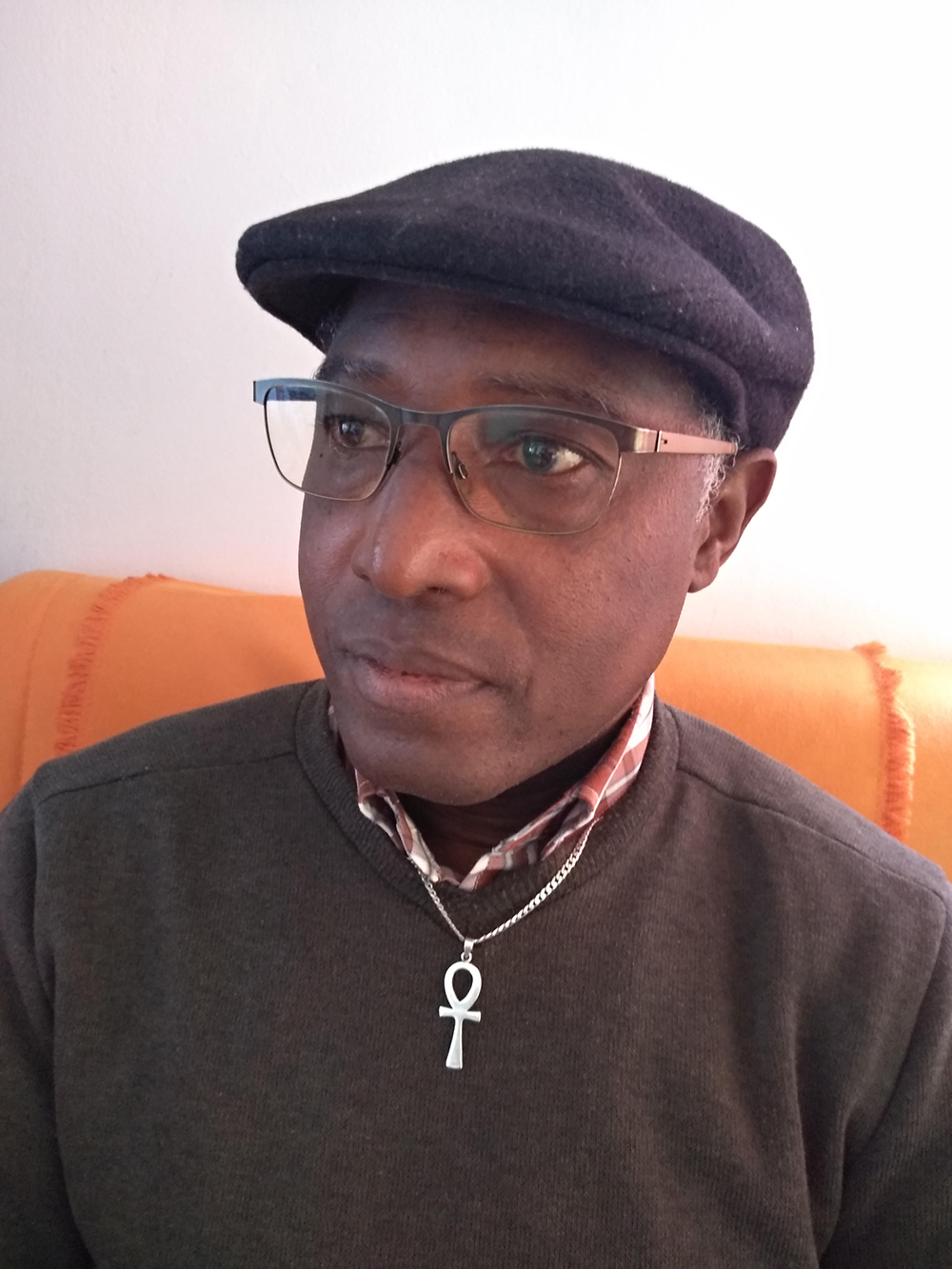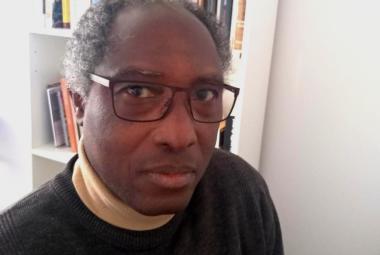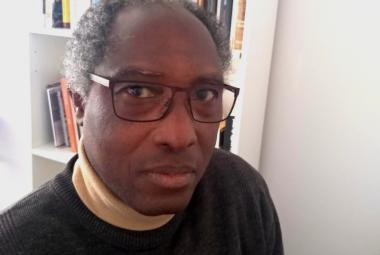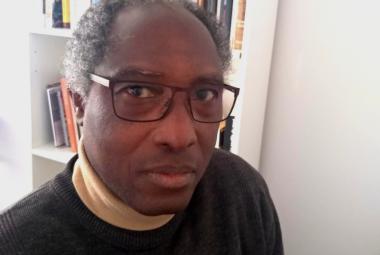
On July 8, 2017, at a press conference during the G20 in Hamburg, Germany, when Ivorian journalist Philippe Kouhon asked whether a Marshall Plan for Africa was needed, Emmanuel Macron replied in particular this : "The Africa's challenge, it is civilizational today (…) What are the problems? Failed states or complex democratic transitions, the demographic transition which is one of the essential challenges of Africa (…) In a country which still has seven to eight children per woman, you can decide to spend billions of euros, you won't stabilize anything".
These remarks are, without a doubt, contemptuous and condescending insinuations. And many Africans were quick to respond to French Head of State Emmanuel Macron in this regard. I had also replied to the French President. Not to say that he had it all wrong, but to point out that the use of the term "civilizational" was not appropriate in his speech and made it appear, in my opinion, as the resumption, close to a another paternalistic discourse that Africans had already heard in Dakar, Senegal. All things which denote, it is true, a certain way for the French leaders - and perhaps even all of the former colonizing powers of Europe - to look down on the leaders of their former colonies in Africa and their fellow citizens by the same occasion.
We may have been scandalized by the brutality and amalgamation of Nicolas Sarkozy's remarks in his speech on Africa on July 26, 2007 at the Cheikh Anta Diop University in Dakar, but we must have the intellectual honesty to recognize its relevance in background or in his mind. Let's get rid of the passions and read it again: "the tragedy of Africa is that the African people has not entered history enough...". What Nicolas Sarkozy did not know or should have said is: "the tragedy of Africa is that the African people has not entered enough into the history of the 21st century" or even "the tragedy of Africa is that Africans, and especially their leaders in particular, have understood nothing of the history of the march of the world and Geopolitics". Because, in truth, Africa is at the beginning of History and all the civilizations of the world. Which are forever indebted to him as to their foundations. And if Africa had not entered history sufficiently, it could not be its foundation, as all the research and discoveries prove today. The publication of my historical essay HERITAGE The legacy of Black Africa to ancient Greece and Rome by Editions Complicités (The Favorite 2019 of Paris Librarians - Coup de coeur 2019 des Librarians de la Ville de Paris –) was, in a way, a response to these remarks.
We should be happy, however, that this speech managed to sting our pride. In response, a group of African intellectuals produced a book L’Afrique répond à Sarkozy : contre le discours de Dakar*1 (Africa responds to Sarkozy: against the Dakar speech*1) on the initiative of the writer and former Senegalese minister Makhily Gassama to fight "with vigor, the great arguments and clichés of the theoreticians of racism, developed and constantly updated throughout the history of the meeting of races, peoples and then States”. Nevertheless, he recognizes that "we are not innocent even if these evils are often aroused, provoked or maintained by external forces, by individuals and interest groups, ready for all injustices and all the atrocities to save the privileges we granted them to the detriment of the development of our countries”.
And if pride we have, it shouldn't stop at speeches, rhetoric or angry outbursts. Apart from African citizens, how many African leaders were really outraged? This is proof that this reflection is, we can no longer, reveal our great responsibility in the situation that is ours in all areas. But let's analyze it using elements of our history.
Looking closely, our great reasons for pride in the history of humanity are in our past, distant, even very distant when we evoke the contribution of Africans to the civilization of the universal of which Léopold Sédar Senghor liked to speak. We can quote, among others, the invention of languages by the Homo Sapiens in Africa, the invention of hieroglyphs or the erection of the pyramids by the ancient Egyptians…, the great Nubian civilizations of Kousch, the legendary Sao of Lake Chad, the history of the Empire of Ghana, the Empire of Mali, the Songhai Empire of Gao… and so many other artistic magnificences annihilated as Aimé Césaire would say.
How can we understand that we Africans are lagging behind today, quick to accuse others of being the cause of our delay and our misfortunes, if not to seek to justify our own turpitudes on the cheap. Until a few decades ago, many Asian countries were on par with most African countries. The level of economic, political, social and cultural development they have achieved today proves – if it were still needed – that there are hardly any valid excuses for us Africans. Whether it is the slave trade, foreign invasion, colonization or natural disasters, all these tribulations have also been and still are the lot of many peoples in the world. And it is from the depths of themselves that they had to draw the strength and ingenuity that enabled them to overcome these trials and achieve the progress that is theirs today. We Africans, at whatever level, must question ourselves individually and collectively about our daily and permanent commitment to work to defend our dignity, our honor as men and peoples against and against the atavisms of the world that we share with the others. Only, in fact, work liberates man, which is no secret to anyone.
Let's stop constantly looking behind us, if we don't want to stumble and fall at any moment and thus take the great risk of being eternally behind and the eternal last. There is no question of forgetting the past, but rather of using it to build the future.
Our real problems as Africans are not the diversity of our peoples, much less our past and present infighting or our supposed congenital inintelligence. It is rather the treachery of those Africans who run Africa but who are no longer Africans at heart; their Machiavellian attitude which consists in keeping the majority of their peoples in ignorance in order to better exploit this ignorance by manipulating them; their major concern to earn and hoard easy money which is in no way the real fruit of their work,
their negligence in making work and healthy emulation at work the most shared social value and the only one that allows to earn money, and that by merit alone.
Since many of them themselves do not earn on their merit, because they are sold to interests foreign to Africa which they serve to the detriment of their peoples, and because their privileges depend on their degree of servitude which of the fruit of their own labor, they can hardly impose merit on labor. So we cannot expect them to be good examples for us or for Africa.
We have this propensity to take refuge in our history in order to give ourselves a clear conscience, a bit of pride or dignity and to console ourselves whenever we are confronted with the realities of our current world, even though we are unaware of our own history. If we really knew it, we would know that in the confinement of our current borders imposed on us by the Berlin Conference of 1885 which divided Africa between the colonial powers like a cake, we are almost all foreigners. If we really knew it, we would know, at least as far as West Africa is concerned, that almost all of us come from one and the same place in Africa – the Nile Valley – before forming today are different and independent entities and that we must show solidarity wherever we are. If we really knew her, we would know that there has been, over the centuries, an inextricable ethnic intertwining such that we are almost all cousins somewhere if we have to untangle the skein. So why maintain unnecessary artificial divisions that do not serve Africa and Africans?
That said, the maxim that shames the child who does not do better than his father or his mother is well and truly known to all. What pride can there be in evoking the glorious past of one's ancestors instead of his equally glorious present? The world is moving forward but Africa is stagnating. Some would say it moves at its own pace. That is. When the distance that separates Africans from the other peoples of the world widens as it advances at its own pace, one might as well say that Africa is stagnating if it does not ultimately retreat. Paradoxical as it may seem, we are bound to come to the conclusion that our ancestors did far greater works yesterday than we do today. Despite our supposed evolution. And we have only to complain about our bankruptcies rather than eternally accuse Europe which, if it is partly responsible for our misfortunes, has a good back to bear the burden that we still refuse to accept today lift, at least to knee level.
By Marcus Boni Teiga
*1 - Makhily Gassama (direction) L’Afrique répond à Sarkozy : contre le discours de Dakar, éd Philippe Rey, 2008, 478 p (Makhily Gassama (direction) Africa responds to Sarkozy: against the Dakar discourse, ed Philippe Rey, 2008, 478 p)

















